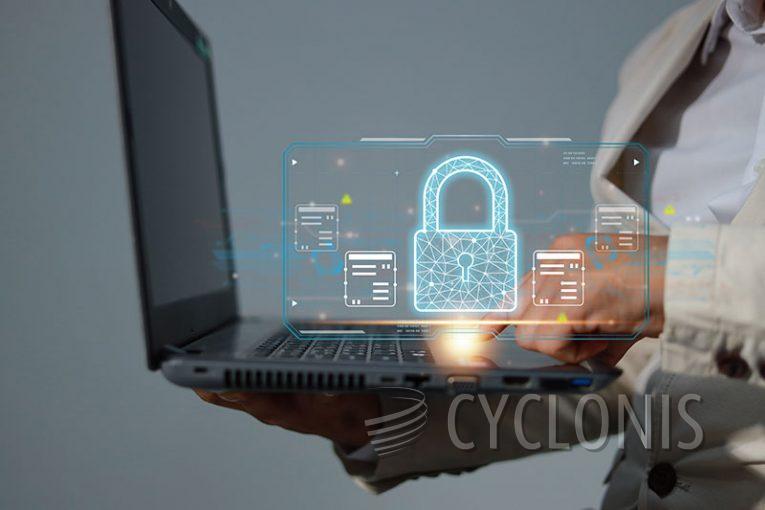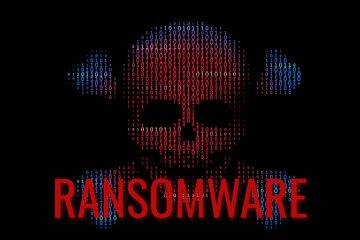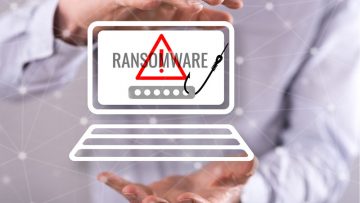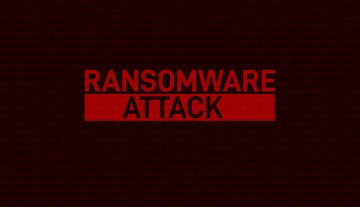LIVE TEAM Ransomware Locks Encrypted Files

While analyzing new malware samples, our team identified a ransomware variant named LIVE TEAM. Similar to typical ransomware, LIVE TEAM encrypts files, alters filenames by appending the ".LIVE" extension, and delivers a ransom note in the form of a "FILE RECOVERY_ID_[victim's_ID].txt" file.
To illustrate, a file originally named "1.jpg" transforms into "1.jpg.LIVE," and "2.png" becomes "2.png.LIVE," and so forth. The ransom note notifies the victim of their encrypted and inaccessible files. It suggests that the attacker has secured a backup of the victim's data and issues a threat to publicize it unless the situation is resolved within seven days.
The note cautions against attempting to independently modify or restore the files, asserting that such actions will lead to their destruction. As a demonstration of the attacker's capability to restore the data, the note offers a complimentary test decryption for files under 3MB in size.
To commence the file recovery process, the victim is directed to contact the extortionist via email, providing the document's filename along with a unique recovery ID. The attacker pledges to disclose the ransom amount and furnish the decryption tool upon payment.
Contact details are provided through email addresses locked@onionmail.org and liveteam@onionmail.org. An implicit threat is included, warning that refusal to pay will result in persistent attacks and the exposure of sensitive data on the internet.
LIVE TEAM Ransom Note Offers Decryption of a Single File
The full text of the ransom note produced by LIVE TEAM reads as follows:
Hello
Your file has been encrypted and cannot be used
When you see this letter, your privacy data has been backed up by us. If you do not handle it, we will publish your privacy data after the 7th.Don't try to change or restore the file yourself, which will destroy them
If necessary, you can decrypt a test file for free. Free test decryption is only available for files less than 3MB in size.To restore files, you need a decryption tool. Please contact us by email.
Please add the file name of this document to the email and send it to me.
FILE RECOVERY_ID -
I will tell you the amount you need to pay. After the payment is completed, we will make the decryption tool and send it to you.Customer service mailbox:
locked@onionmail.org
Spare mailbox: (use this mailbox after no reply in 24 hours)
liveteam@onionmail.orgYou can also contact us through intermediary agencies (such as data recovery companies)
If you refuse to pay, you will be attacked constantly. Your privacy -sensitive data will also be announced on Internet.
We are a team that pays attention to credibility, so you can pay safely and restore data.
LIVE TEAM
How Can Ransomware Infect Your Computer?
Ransomware can infect your computer through various means, and attackers often employ sophisticated techniques to exploit vulnerabilities. Here are some common ways in which ransomware can infect your computer:
Phishing Emails: One of the most prevalent methods is through phishing emails. Cybercriminals send emails with malicious attachments or links that, when clicked, download and execute the ransomware on the victim's computer. The emails may appear legitimate and often contain urgent or enticing messages to prompt users to take immediate action.
Malicious Websites: Visiting compromised or malicious websites can lead to drive-by downloads. In such cases, malware is automatically downloaded and executed on the user's computer without their knowledge or consent. These websites may exploit vulnerabilities in browsers or plugins.
Malvertising: Malvertising involves the use of malicious advertisements on legitimate websites. Clicking on these ads can redirect users to websites that host ransomware or initiate automatic downloads.
Exploit Kits: Exploit kits target vulnerabilities in software and operating systems. If a user's system is not updated with the latest security patches, exploit kits can exploit these vulnerabilities to deliver and execute ransomware.
Social Engineering: Cybercriminals use social engineering tactics to trick users into downloading and executing malicious files. This can include fake software updates, deceptive messages, or enticing offers that lead to the installation of ransomware.








